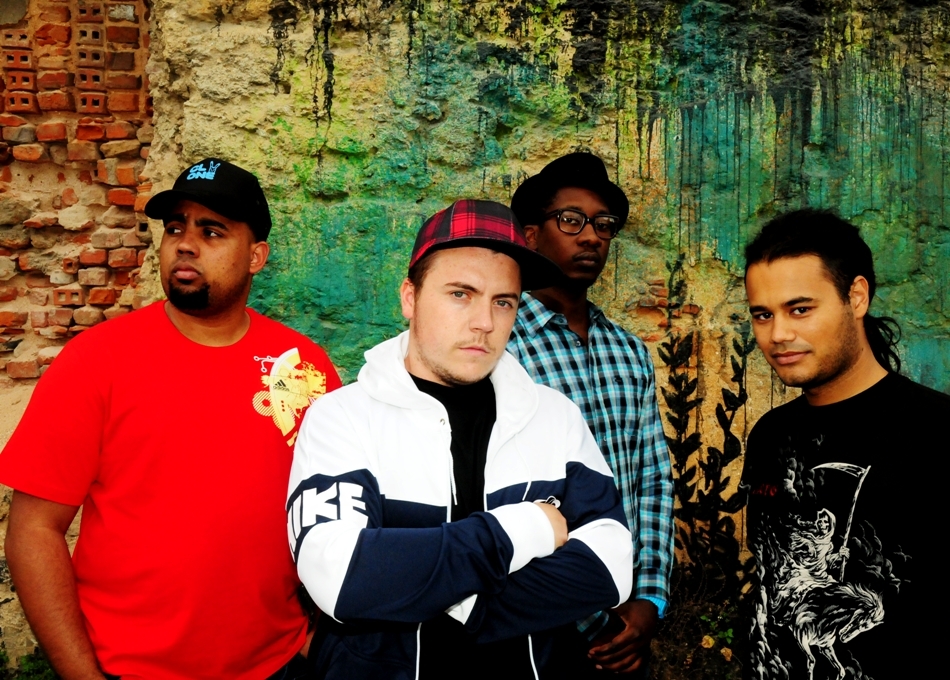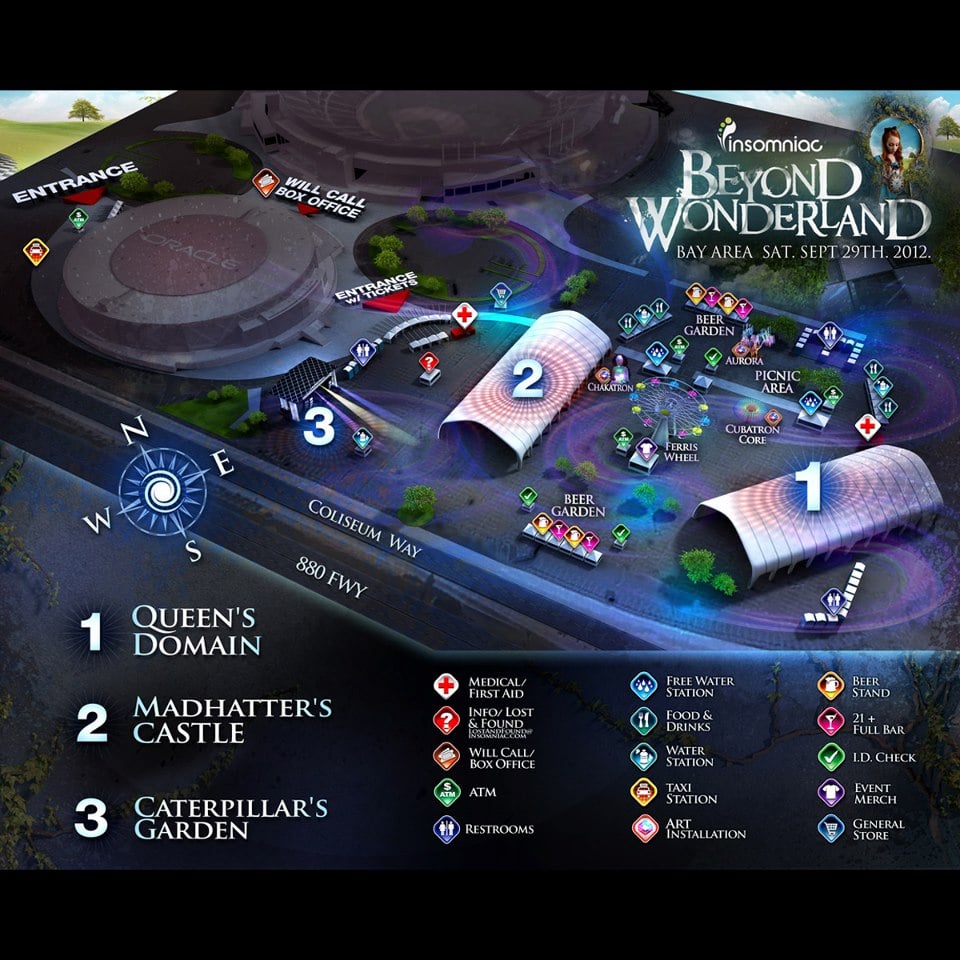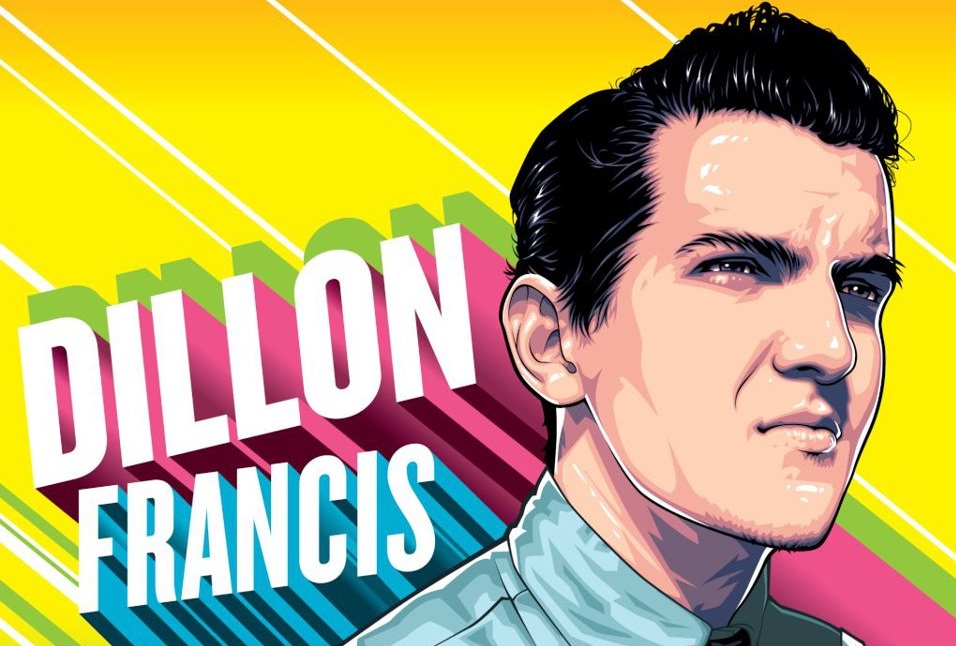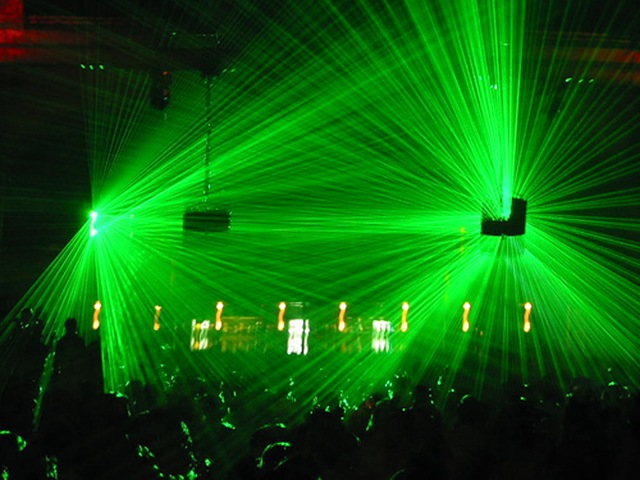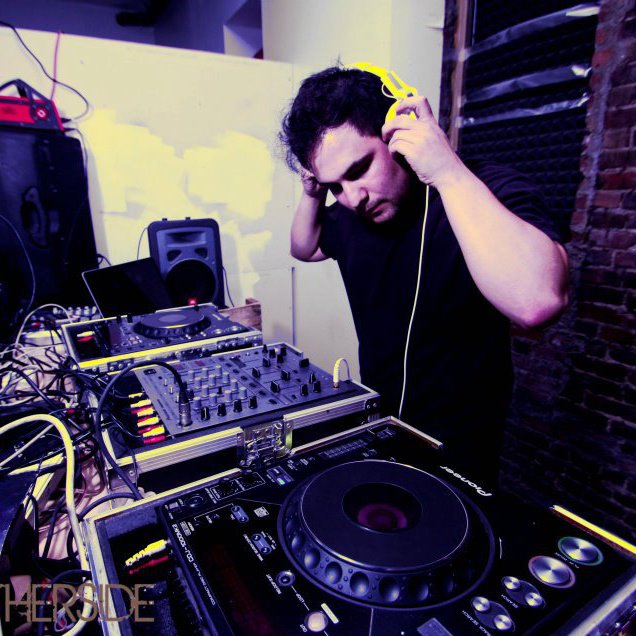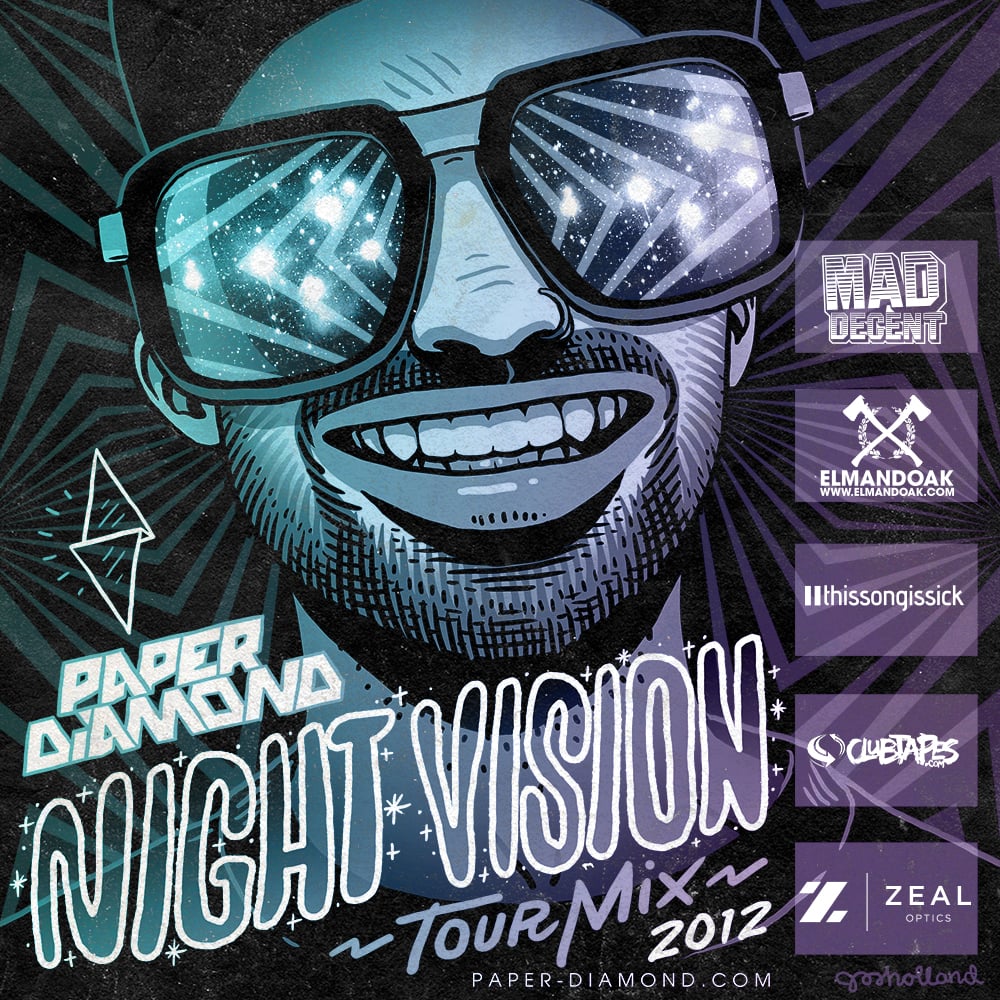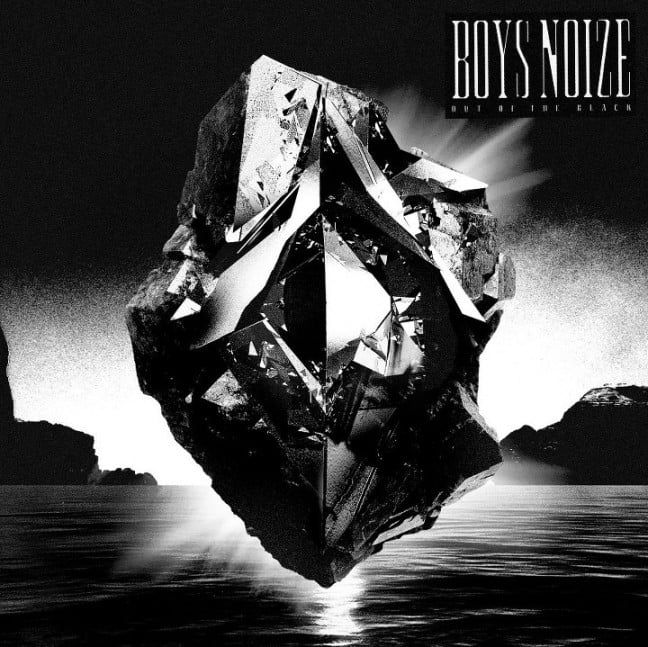I like to think I’ve been a part of the electronic dance music scene for quite a while. I’ve been to lofty trance raves, hard electro shows, and even the occasional dubstep party. I have had more fun dancing nights away to my favorite DJs than at any rock or hip hop shows I’ve attended. Suffice it to say that I’m sold on the music and on the scene, I live and breathe it. As such, I’ve always dealt with the same questions from those outside the scene: Doesn’t it all sound the same? How can you tell the difference between one track and another? For a long time I dismissed them as simply close minded. They didn’t understand the scene and all its subdivisions the same way I did. Then the scene blew up. Almost overnight, more and more acts and DJs came crawling out of the woodwork. Each one sounded more like last, and in a way, DJs of the trance, electro, and dubstep persuasions became more like stereotypes of the genres themselves instead of possessing unique sounds or identities. I began to ask myself the same questions my non-electronic friends posed.
Then, I discovered Buraka Som Sistema. One night in Los Angeles, I happened to walk into a HARD event right at the start of their set. I had never heard of them, but after their performance, I made sure to never forget them. They were so new to me, so fresh, and with a sound that had me moving in ways that I had never truly known before.
New Africas Part 2
In 2006, Portuguese DJs and musicians Kalaf Ângelo, Rui Pité, and João Barbosa, came together with Angolese hip hop DJ Andro Carvalho to form Buraka Som Sistema. This new collective strove to fuse the hard electronic sounds and melodies of European Electro with the fast paced beats of the African Kuduro genre. The result is a brand of music that has a little bit of everything, whether its a slow, dubby track with pronounced percussive qualities or fast, wild, and danceable songs that’ll have you moving until the next morning. Either way, I guarantee that they aim to please both in their productions and their live shows.
They released their first full length album, Black Diamond, in 2008. The album showcased the essence of Buraka Som Sistema with tracks like “Kurum,” and “IC19.” The album even has collaborations from rappers and vocalists M.I.A., DJ Znobia, Deize Tigrona, and Pongolove, which give a very complete feel to the tracks to which they contribute. Their song, “Kalemba (Wegue Wegue)” was even featured on one of those very popular FIFA Soccer videogames.
Luanda/Lisboa feat. DJ. Znobia
Kurum
Their second album, Komba, which was released less than a year ago gave a second wave of kuduro to the world. It wasn’t a vast departure from their first album, but it gave a more worldly, balanced, and varied feel to the an already unique band and sound. Contributions from Afrikan Boy, Mixhell, and Stereotyp gave vocals and sounds that I feel expanded the act’s appeal. From my perspective, suffice it to say, it was hard for them to improve from their first album, and they certainly did so with songs like “Eskeleto” and “Vem Curtir.”
Eskeleto feat. Afrikan Boy
Vem Curtir feat. Stereotyp
Whatever your previous EDM inclinations happen to be, you owe it to yourself to check these guys out. Because, let’s face it, this music scene isn’t the same as it was. It’s become as cannibalized and copied as any other genre, and if you don’t think so, a truthful reality check may be in order. The fact of the matter is, very few acts out there today have the drive and audacity to break out of the formulaic molds, especially molds created within the electronic genres. So if you’re hurting for new sounds, for a break from the typical build ups and breaks, look up Buraka Som Sistema, and I assure you, you’ll be wildly impressed.
